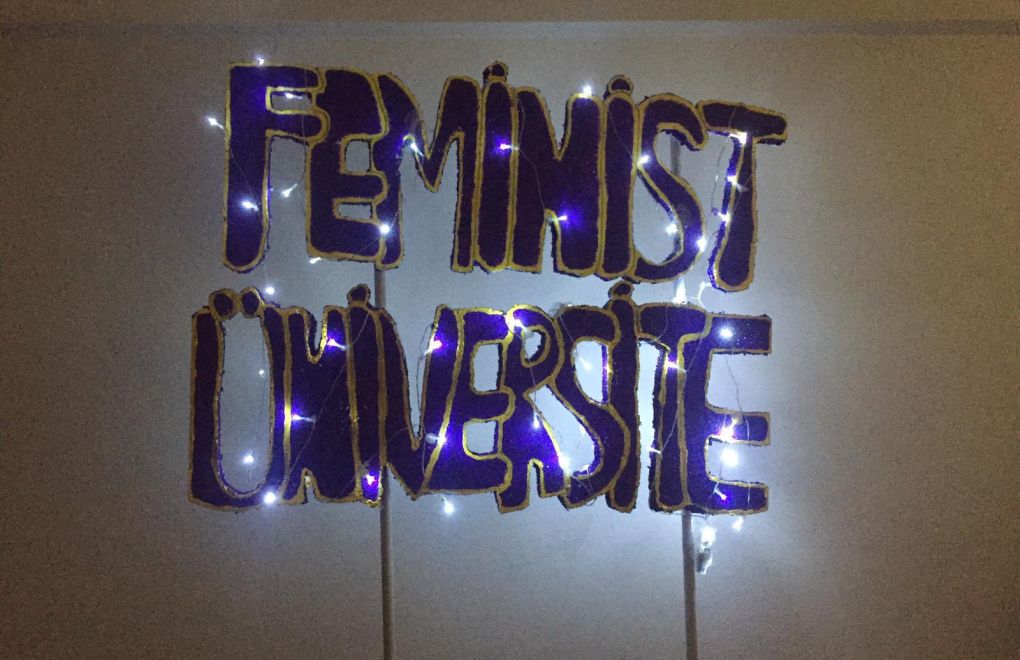"Feminist University"
Click to read the article in Turkish / Kurdish
The Presidency has included the establishment of women-only universities in its 2021 program in a decision inspired by Japan.
The program tasks the Council of Higher Education (YÖK) to examine the example in Japan and women's participation in higher education in Turkey and form the academic staff of the "women's university" to be established.
President and Justice and Development Party (AKP) Chair Recep Tayyip Erdoğan first brought up the idea during a visit to the Asian country in 2019.
"Out of 800 universities in Japan, 80 of them are women's universities, this is very meaningful to us," he had said at a ceremony where he was awarded an honorary doctorate by Mukogawa Women's University. "This is very important. Turkey should also take a similar step."
He had also recalled that Turkey also had single-sex high schools, which were turned into mixed schools in the late 1990s.
CLICK - 'They want to create a model of educated, obedient woman in Turkey'
The decision caused outrage among women in social media as the "We don't want women's universities" (#KadınÜniversitesiİstemiyoruz) hashtag became a trending topic on Twitter last night (January 17).
The Free Young Woman group wrote, "We don't want women's universities but safe spaces. We want the prevention of harassment, violence and sexism at universities."
The Campus Witches group wrote, "We ask those who want to open women's universities: Will you ensure the safety of women by detaching women from public life?"
A Twitter account named, "We don't want women's universities" wrote several messages, stating that women-only universities would reinforce patriarchal processes of the production of knowledge, misogyny, sexism and transphobia.
According to the World Economic Forum's Gender Gap 2020 Index, Turkey and Japan rank 130th and 121st, respectively, out of 153 countries.
In its 435-page program for this year, the Presidency also states that it aims to increase women's reproductivity to preserve the dynamic structure of the population.
It says that women's reproductivity decreases with increasing levels of education and the abandonment of extended families.
"To keep the reproductive rate above the level of regeneration, the impact assessment of the policies in the past terms about harmonizing the work and family life will be done and the necessary changes or additional measures will be implemented," says the document. (EMK/VK)







